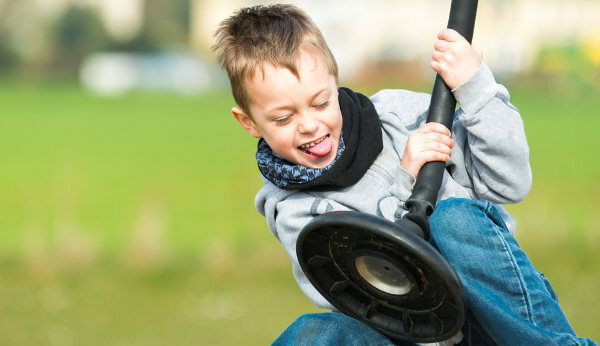Self-esteem is a person's self-assessment of self-confidence and self-respect. Through it, we can face challenges and defend our interests. It is formed in childhood, using the treatment given to the child as a key element, that is, if the child is always oppressed in relation to their attitudes, they will have low self-esteem and if the child is always supported in relation to their attitudes, they will have self-esteem high. It is important to emphasize that the child can be supported at times when they are warned for some attitude, because at times when they occur the warnings are given to this child due value and also teach him to have self-control and to distinguish positive and negative attitudes.
Low self-esteem is the feeling that manifests itself in people who are insecure, criticized, indecisive, depressed and who always seek to please other people. High self-esteem, on the other hand, is the condition experienced by people who are praised, supported, self-confident, who have self-esteem, do not live in conflict, and are not anxious and insecure.
Do not stop now... There's more after the advertising ;)
The importance of self-esteem is considerably great, as through it we identify with the inner self and with other people we relate to. For the contribution of self-esteem formation, it is important that it be positive. In this contribution, do not criticize, blame, reject, humiliate, frustrate, and do not expose to loss. On the contrary, it is possible to contribute with incentives that lead the child to know himself, to like himself, to perceive his qualities and to believe that he is loved and respected.
By Gabriela Cabral
Brazil School Team
Would you like to reference this text in a school or academic work? Look:
DANTAS, Gabriela Cabral da Silva. "Self esteem"; Brazil School. Available in: https://brasilescola.uol.com.br/psicologia/autoestima.htm. Accessed on June 27, 2021.

